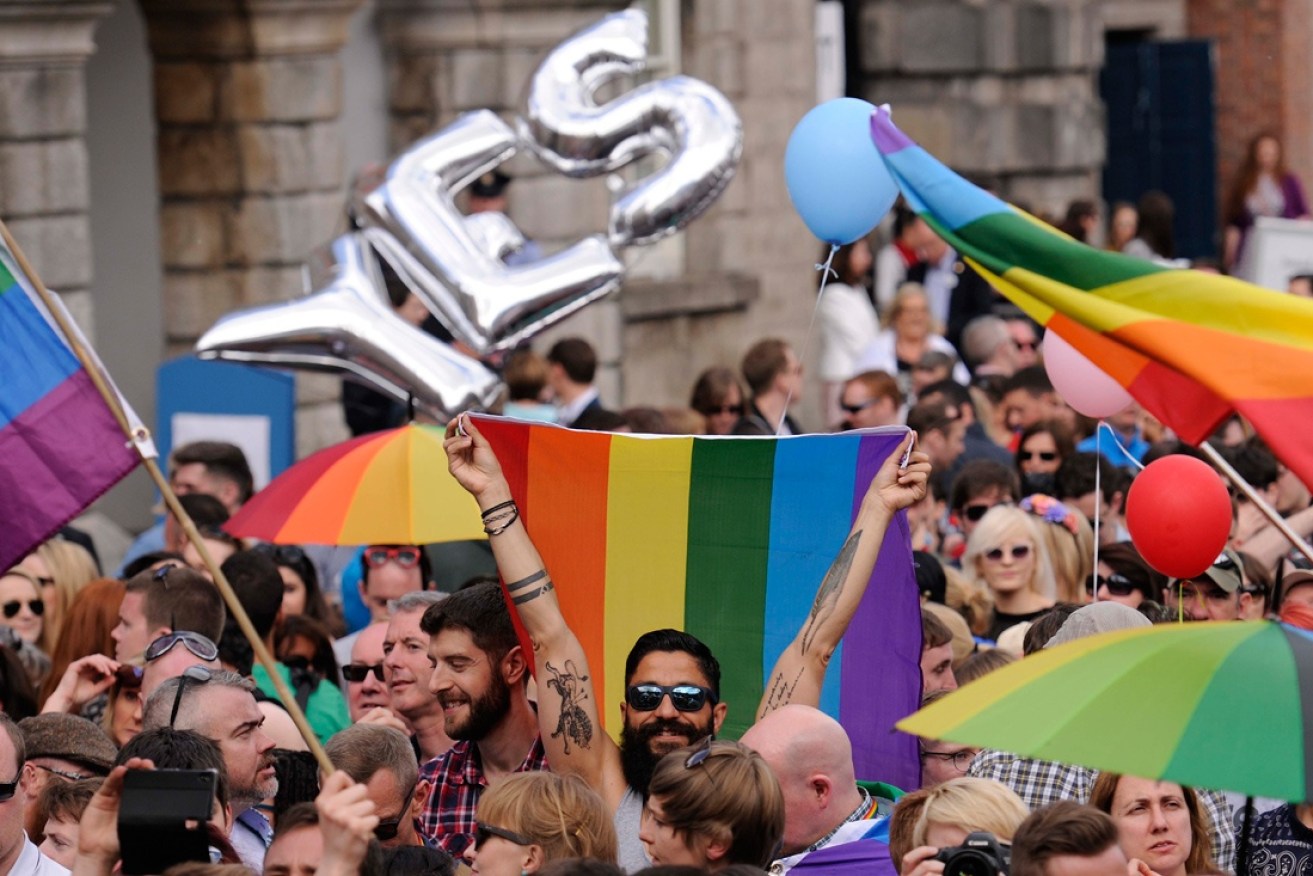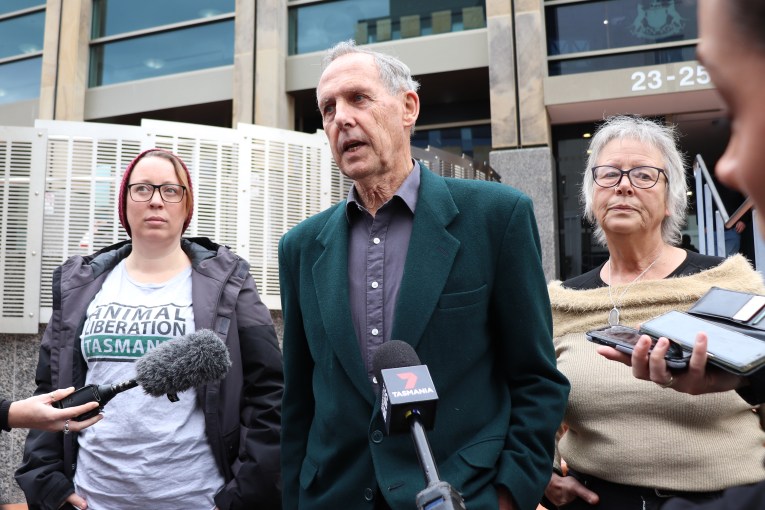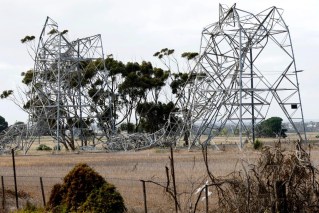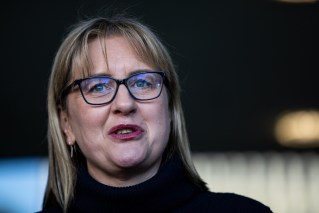The ‘Yes’ case’s secret weapon in same-sex marriage vote – Australian parents


Ireland overwhelmingly voted to legalise same-sex marriage in 2015. Photo: Getty
The $122 million postal survey on same-sex marriage will be a world first. But of all the unanswered questions about the process, perhaps the most important is this: what’s the secret to winning?
Same-sex marriage has only been put to a public vote once, in Ireland, through a referendum to change that country’s constitution so gay couples could legally marry.
With ‘Yes’ campaigners keeping one eye on a High Court challenge to the survey, politicians have so far been among the most prominent faces in the campaign.
Opposition Leader Bill Shorten committed Labor to the ‘Yes’ cause with one of his best received speeches in Parliament. Tony Abbott has also emerged as a vocal ‘No’ advocate, rallying culture warriors by linking the issue to political correctness. Other Coalition conservatives have joined his call.
Yet if the Irish experience is anything to go by, it’s not politicians who will be winning hearts and minds, and – more importantly – getting out the (postal) vote.
That’s the view of Brian Sheehan, the co-architect of Ireland’s successful ‘Yes’ campaign.
“One of the most moving things about the Irish referendum was that it was parents,” Mr Sheehan told The New Daily.
“Those who came out and said, ‘Do you know what? I treat all my children the same. And I won’t have my country treating some of my children as second-class citizens’.”
Despite the differences between Ireland and Australia and the processes that each country has chosen, there are still lessons to learn.
In Ireland, opponents of change attempted to make the referendum about issues beyond marriage, a tactic ‘No’ campaigners have already begun wheeling out in Australia.
Parents with gay children can cut through for ‘Yes’
‘Yes’ campaigners have already faced accusations of intolerance towards the ‘No’ camp, which has complained of media bias while describing itself as a ‘silent majority’.
And like Mr Abbott, prominent ‘No’ campaigner, Lyle Shelton of the Australian Christian Lobby, has sought to widen the debate to issues such as Safe Schools and freedom of religion.
“I don’t think this debate has ever been about marriage,” he told Sky News recently.
Against arguments like these, that is why parents can cut through in the debate, as they did in Ireland.
“They became the most powerful, most eloquent and most moving advocates,” Mr Sheehan said.
“What happened is that other Irish people saw that it wasn’t about gay people and some agenda. It’s about real people.”
Ireland’s ‘Yes’ campaign also chose to reach beyond its base. The ‘Call Your Granny’ social media campaign, which mobilised young people to phone their grandparents and ask them to vote ‘Yes’ went viral.

The Equality Campaign’s Tiernan Brady says the Yes vote will rely on the personal stories of everyday Australians. Photo: Getty
In the end, the turnout in Ireland was low (60.52 per cent), but the result was decisive: 62 per cent of voters supported change.
These experiences won’t be lost on the Australian ‘Yes’ campaign. The ‘Equality’ campaign’s head, Tiernan Brady, was a colleague of Mr Sheehan’s who served as political director of the Irish pro-change campaign.
With the Senate blocking the compulsory attendance plebiscite, the government says the postal vote will allow Australians to have a say on the issue, fulfilling an election commitment.
But Mr Sheehan was not convinced.
“We had to have a referendum for constitutional reasons,” he said. “I don’t understand why people elect a parliament if it’s not to make these kinds of decisions. It’s their (politicians) fear of it, rather than anything else.”
Ballot papers will be sent out on September 25 and must be returned by November 7.








